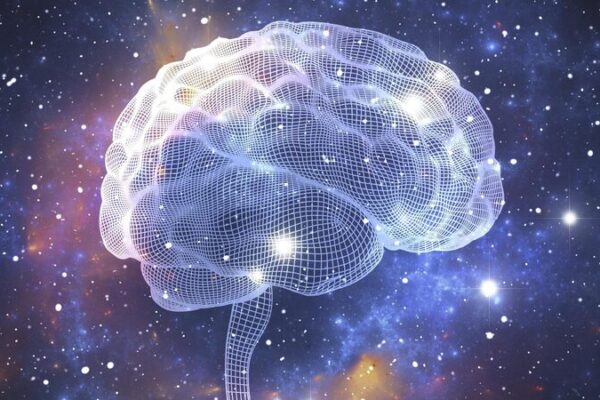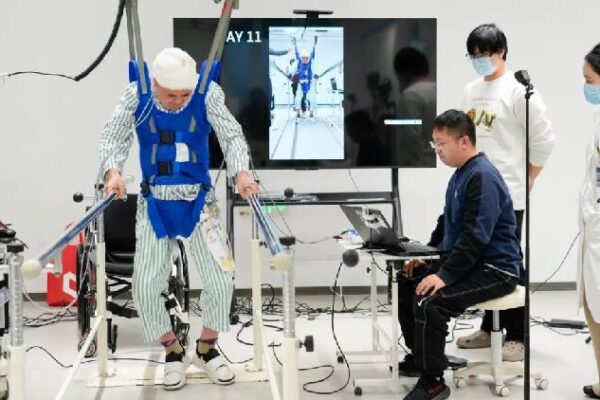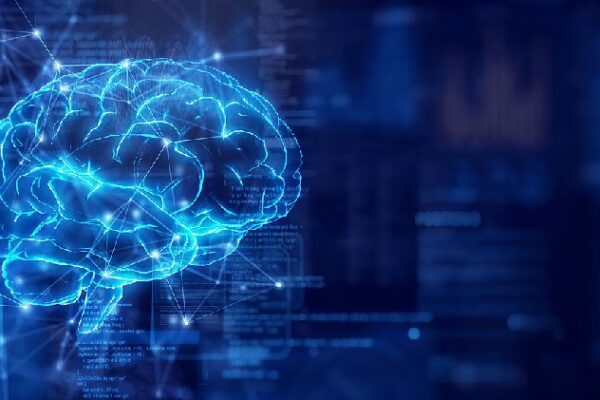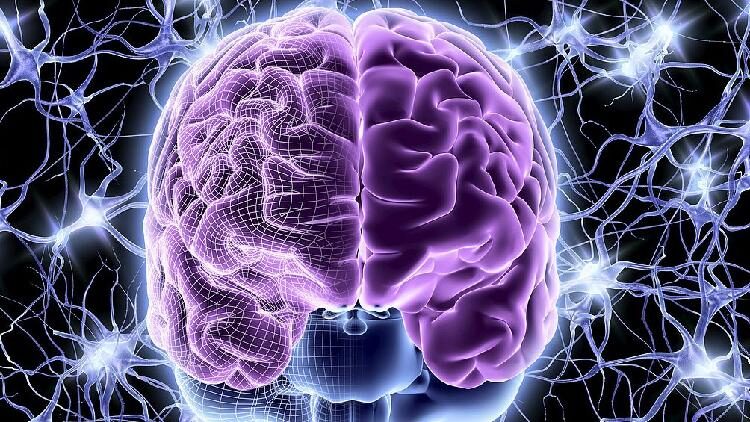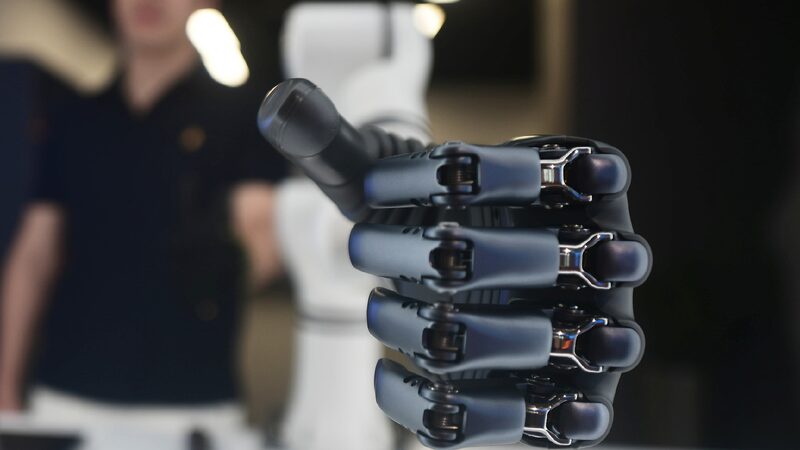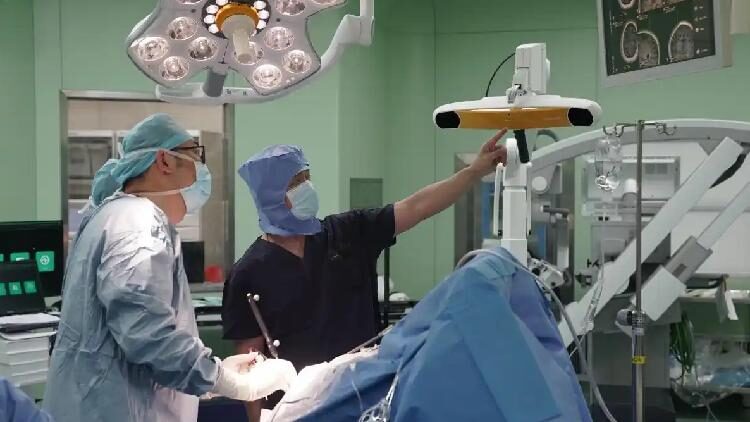A team of Chinese researchers has developed the world’s first battery-powered, wearable repetitive transcranial magnetic stimulation (rTMS) device, marking a significant breakthrough in mental health treatment.
rTMS therapy is a non-invasive technique used to treat neuropsychiatric disorders such as depression, addiction, and stroke rehabilitation. Traditional rTMS devices are bulky, weighing over 50 kilograms, and require patients to visit clinical settings, limiting access for many in need.
The innovative device, weighing just 3 kilograms—lighter than most laptops—was developed by scientists from the Institute of Automation at the Chinese Academy of Sciences. By adopting lightweight magnetic core coil designs and advanced high-voltage pulse driving techniques, the team reduced power consumption to just 10 percent of traditional devices.
“Our goal was to make rTMS therapy more accessible by creating a portable device that patients can use during daily activities,” said Qi Ziwei, the lead author of the research article published in Nature Communications. “This is the first time high-frequency brain stimulation has been achieved during free movement.”
In trials, the wearable device demonstrated dynamic neural modulation while users were walking, revealing that leg movements can enhance arm-related brain activity. This discovery opens doors for at-home and community-based rTMS therapy, potentially improving treatment for chronic conditions.
“In the future, wearable rTMS devices could be integrated with non-invasive brain signal detection technologies,” said Liu Hao, a senior engineer at the Institute of Automation. “By decoding brain signals in real-time to optimize the rTMS process, we can create a wearable, closed-loop neuromodulation system.”
This advancement could bring closed-loop brain-computer interfaces from the lab into real-world applications, revolutionizing the field of neurotechnology and offering hope to millions suffering from mental health disorders.
Reference(s):
Chinese team creates 3kg wearable brain stimulator for mental health
cgtn.com


